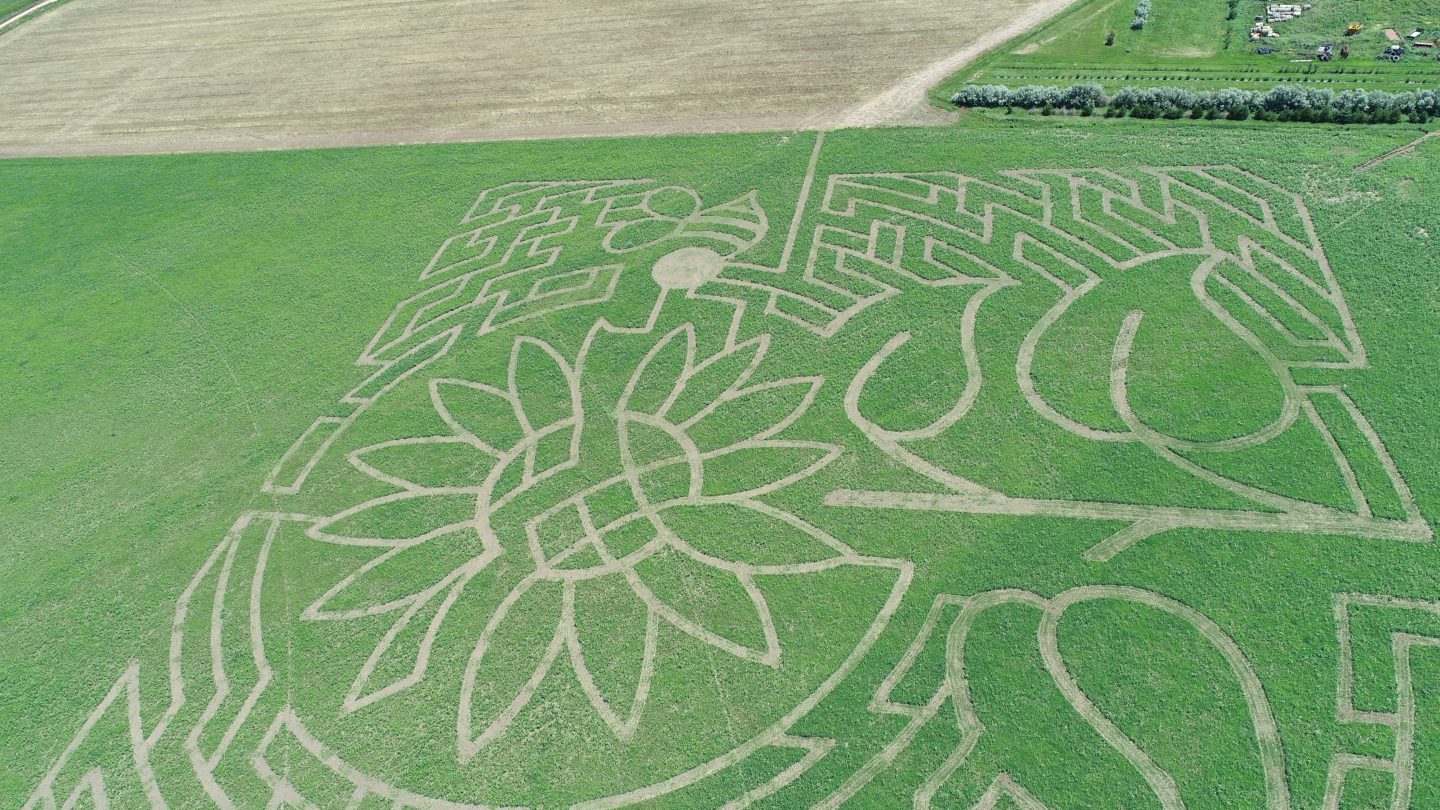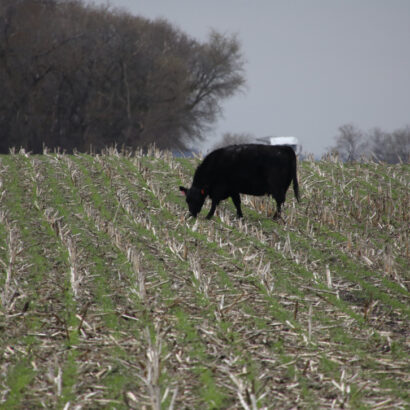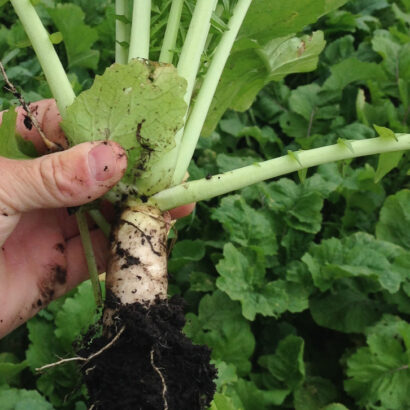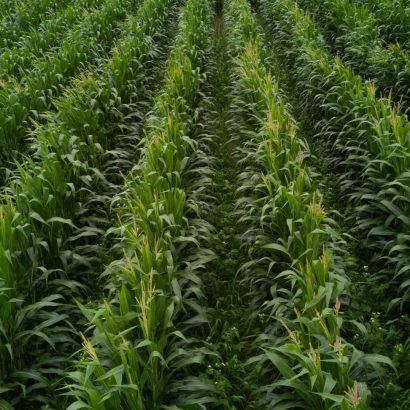Rancher, board member, and advocate, Shawn Freeland, is never finished learning and finding better ways to improve soil health.
“He is very progressive in his thought process,” said Matt Metzger, Millborn Cover Crop and Forage Specialist. “He is always thinking long-term and trying to do what is good for both the land and the livestock. This is a special mindset and I look up to what he is doing.”

Freeland is a rancher from Caputa, South Dakota. He has a cow-calf operation and 300 irrigated acres of cropland. Besides the 40 acres used for alfalfa, 260 acres are used for grazing.
In addition to ranching, Freeland is active on the South Dakota Soil Health Coalition Board and the local Conservation District Board.
“At the annual convention, I was blown away with the discussion topics. I asked how to get involved and how to further my knowledge of soil health,” Freeland said about joining the coalition board of directors two years ago.
As a board member, Freeland attends meetings, helps with workshops, tours, speakers, a soil health school and prepares for the annual convention. He also serves as a voice for soil health, serving as a contact for someone to call and talk.
Freeland’s knowledge of soil health does not end here. He and his family planted pumpkins and cover crops on their farm as part of an Agri-tourism project. Except, this was not just cover crops. It was a cover crop maze designed to educate visitors on soil health and healthy food.

“Throughout the maze, there is a scavenger hunt for attendees to find different varieties of plants,” Freeland said. “We want to show how cover crops are providing nutrients to cattle and to us.”
During the event, Freeland walks the field to visit with people about his experience with cover crops.
“Cover crops have made my operation more profitable and less stressful,” Freeland said. “I have a goal to improve soil health and I use my cows as a tool.”
Freeland recently changed his mindset from wanting to own 600 cows to owning the right number of cows to best preserve the land and improve soil health.
“My main goal is to preserve the soil and increase soil health,” Freeland said. “I follow the five principals of soil health to build more soil.”
Advice from Freeland
- Cover crops are a cycle to build, not an instant cure to all.
- Soil has to be built. Start with a bi-annual mix.
- When grazing, don’t take it all. Leave plenty for the soil.
- Cows are a tool for cover crops and cover crops are a tool for soil health.
To learn more about cover crops and how to improve your soil health, contact Matt Metzger at 605-646-4225 or mattm@millbornseeds.com.




Discussion
0 Comments